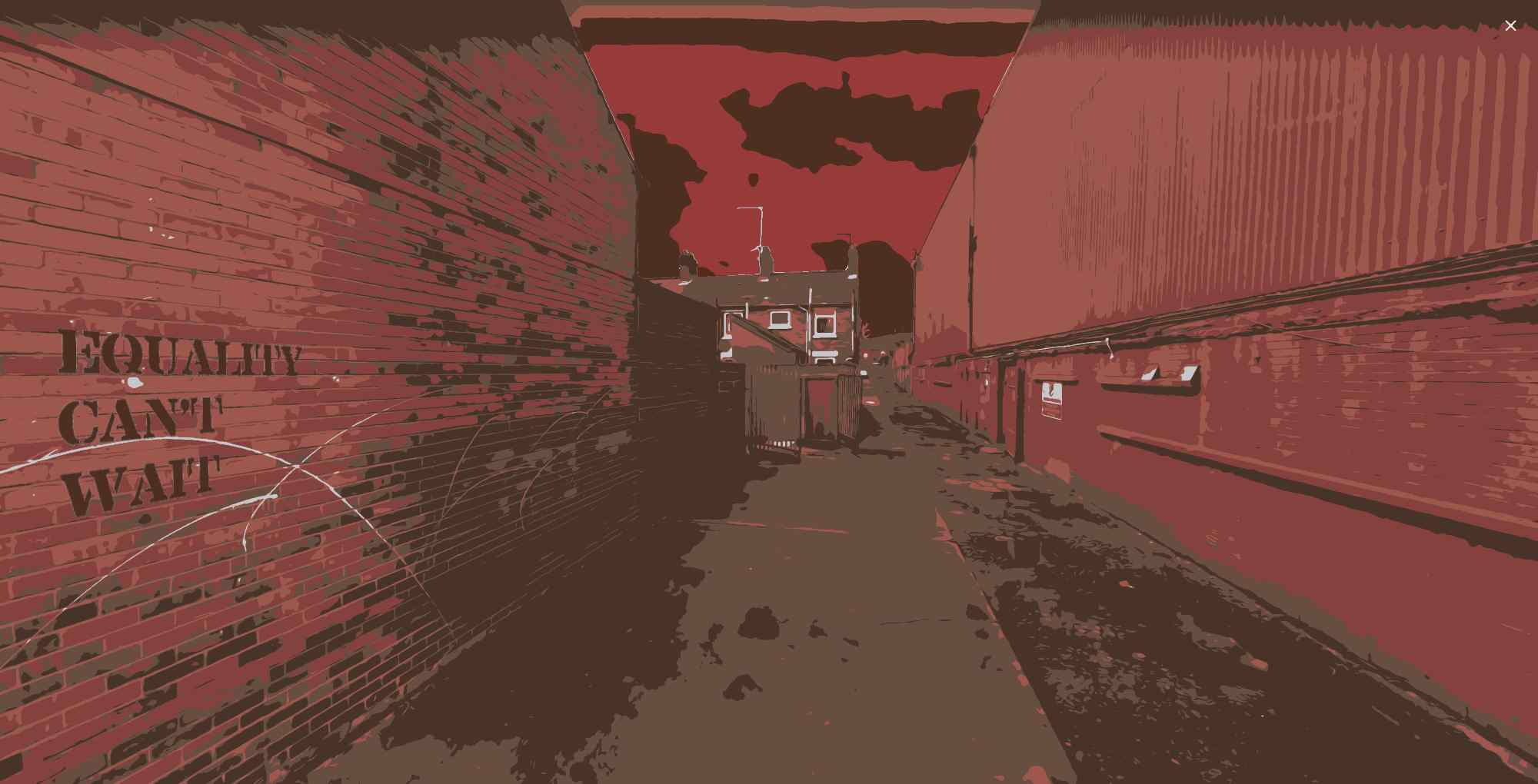
Policy Watch
An eye on policy changes in Ireland, the UK and beyond
Emerging Evidence of Economic Hardship | #LiftTheBan campaign
UK-Wide Evidence of Economic Hardship
On 15 August the Institute for Fiscal Studies reported that the £24bn package announced in May to help households meet rising energy and other costs, has fallen behind inflation rates and will leave many people unprotected and worse off. (It also earlier published findings half of the 3.1m children in single-parent households now live in relative poverty, due not least to the impact of the two-child limit and the benefit cap)
UK researchers called for broadening of eligibility criteria for Free School Meals to avoid hungry children falling through the cracks and to reduce stigma
Joseph Rowntree Foundation pointed to evidence that 2.3 million UK households could neither afford to eat properly nor heat their homes this year
In NI, more specific indicators included:
- Unprecedented demand reported by a north Belfast food bank (followed by increased popular support after it calls for help from the public)
- Unprecedented numbers - up to 40,000 in July – of Housing Executive social housing tenants in rent arrears
- A forecast for NI of a fuel poverty level of 71.7% by the start of 2023 – the highest of any UK nation – according to a study by the University of York social policy unit (‘Fuel poverty’ means spending more than 10% of household net income on heat and electricity)
Down south as well:
- The Children’s Rights Alliance said 62,000 children live in ‘consistent poverty’
In a positive policy response, Wales prepared to roll out a universal free school meals programme for younger schoolchildren and London’s mayor called for the same there. (Here, NI children entitled to free school meals were awarded £13.50/week each).
In terms of public response, NI anti-poverty groups launched a Cost of Living campaign calling for rises in benefits and wages to match inflation, amongst other measures, and the NI Children’s Commissioner and others called for measures to reduce child poverty.
The UK government’s means tested benefit cost of living payment (£650 across two payments) was set to benefit around 309,000 households here. Implementation of the UK government’s £400 Energy Bill Support Scheme remained hamstrung here by the lack of an NI Executive. Duty bearers debated how to get the UK-wide £400 fuel payment to households here, in the absence of an NI Executive. The Communities Minister reconvened the Emergencies Leadership Group.
#LiftTheBan campaign
With regard to asylum seekers denied the right to work here, local restaurants supported the #LiftTheBan campaign through offering access to kitchen facilities for immigrant chefs so that they could cook and share traditional dishes.
